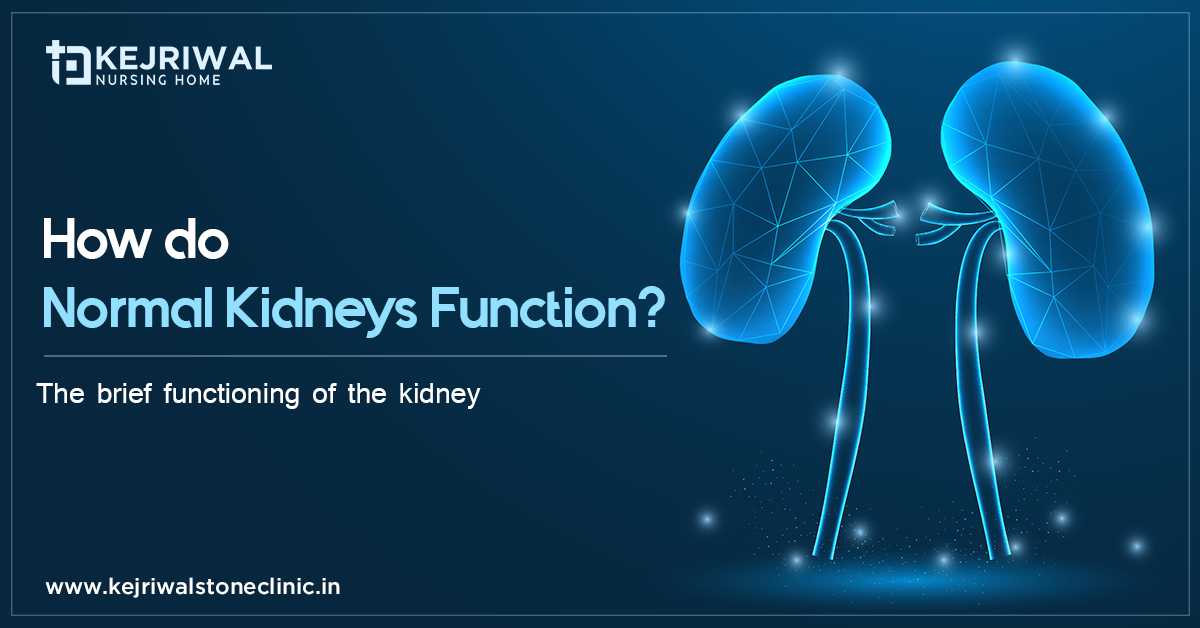Kidneys one of the most vital organs in the human body that is responsible for filtration of all the fluids present in the body and eliminate waste substances through urine. The importance of a well-functioning kidney can be well understood from the fact is that any abnormal indication in the functioning can lead to devastating complications and might threaten life too. Although there are improved and advanced medical treatments for any kidney disorder still it remains a difficult disease to cure. Doctors who practice in different kidney hospitals in Siliguri always advises people to come for frequent checkups so that they can get a glimpse of the present condition of their kidney functioning.
This article explains the proper functioning of a normal kidney along with a short description of the best kidney hospital in Siliguri.
Table of Content:
1. The brief functioning of the kidney
2. Kejriwals Nursing Home
3. Conclusion
The brief functioning of the kidney
The kidney is basically a bean-shaped organ with a significant size of 10-12 cm and consists of various components. The first component present in the kidney is the nephron. A nephron is a filtering unit present in the kidney. There are millions of units of nephron present in each kidney. Again each nephron is again classified into two types of filter known as the glomerulus and the tubule. The filtration is a two-step process and takes place through the glomerulus and the tubule. But firstly the blood supply process needs to be understood.
Blood Supply
The blood supply mainly reaches the kidney through the renal artery and then proceeds towards the nephron where it is treated by both glomerulus and the tubule for their respective functions.
The function of the glomerulus
The main function of the glomerulus is to filter your blood after reaching through the kidney and the nephron. The glomerulus is nothing but a small blood vessel that can only allow tiny substances such as smaller molecules, wastes, and fluid (water) to pass to the tubule. Only larger substances such as protein and blood remain behind.
The function of the tubule
The blood vessels are connected alongside the tubule so when the filtered fluid reaches the tubule from the glomerulus the blood vessels again regain all the lost water and essential minerals for the body. The tubule is also responsible for eliminating toxic substances in the blood in the form of urine.
Kejriwals Nursing Home
We are a recognized kidney hospital in Siliguri that has a great team of doctors who are highly experienced in this field. Their expertise is backed up with a supporting cast of the most advanced and modern medical equipment so that any patient entering our premises with any kidney complaint gets a satisfactory result and experience.
Conclusion
Frequents checkups of kidneys are a must for getting a perfect picture of their normal functioning and should be done under expert guidance in a standard hospital.




